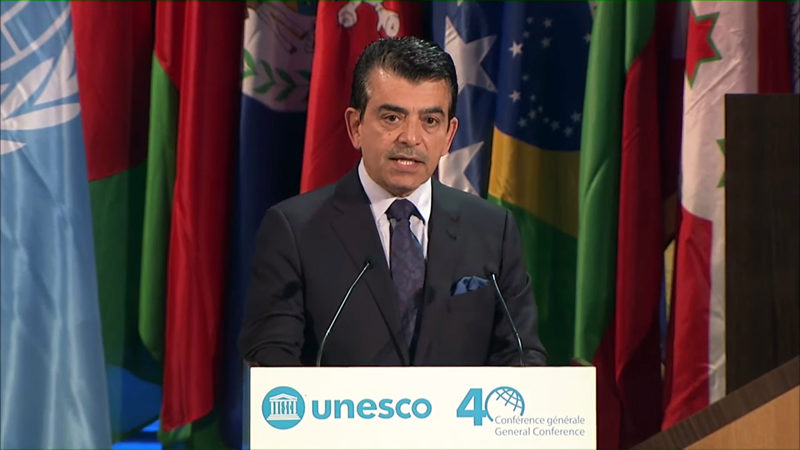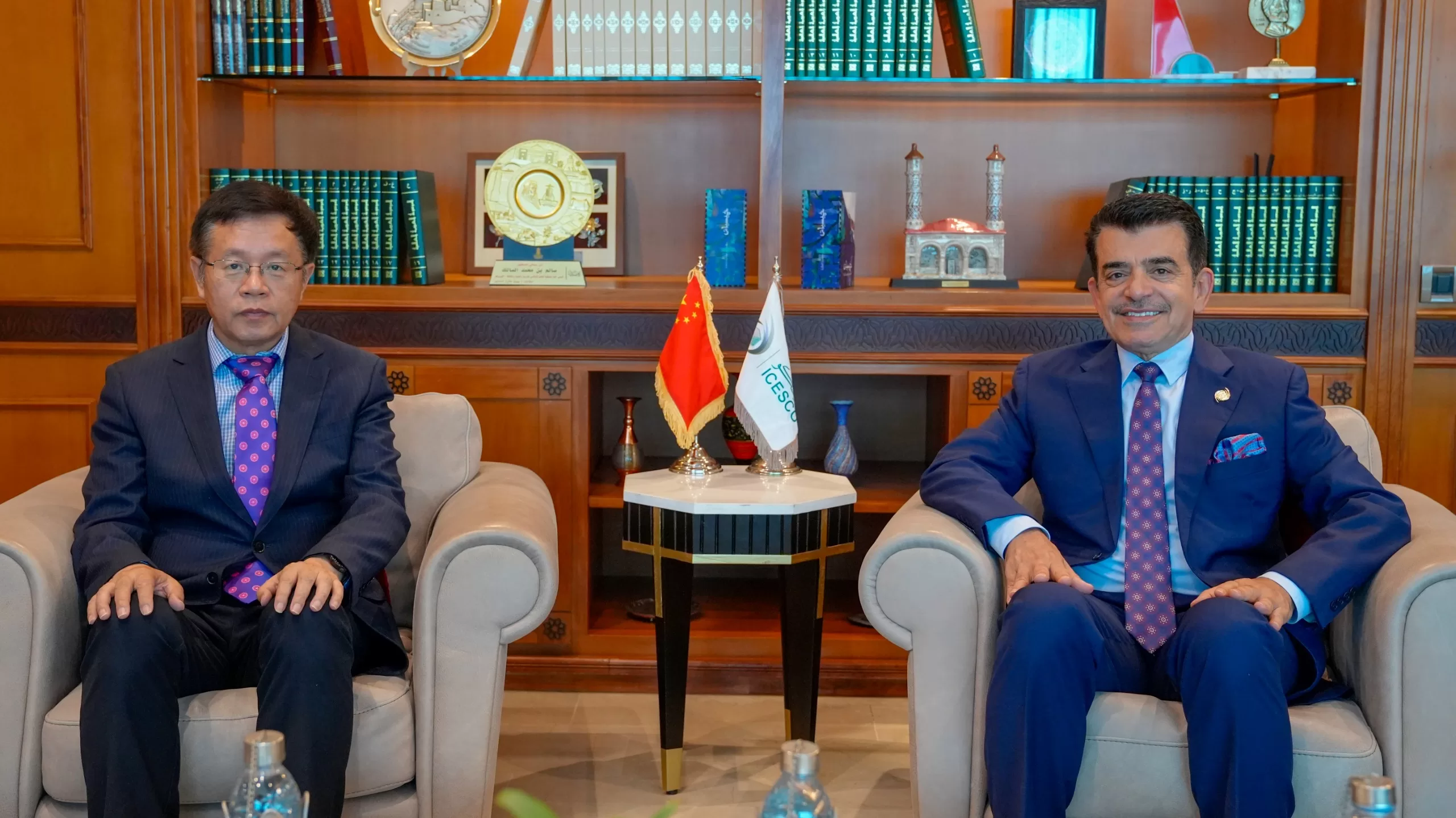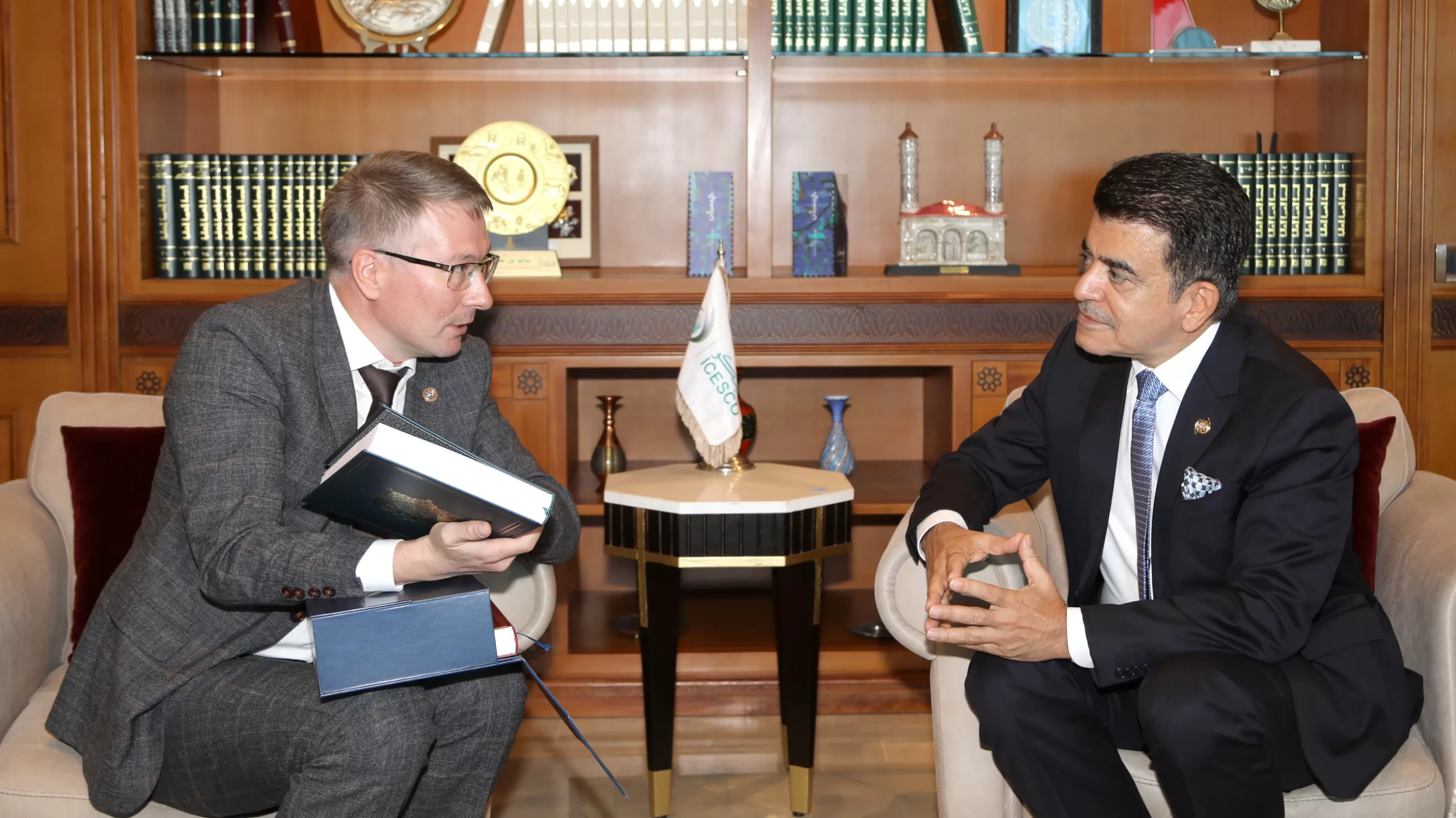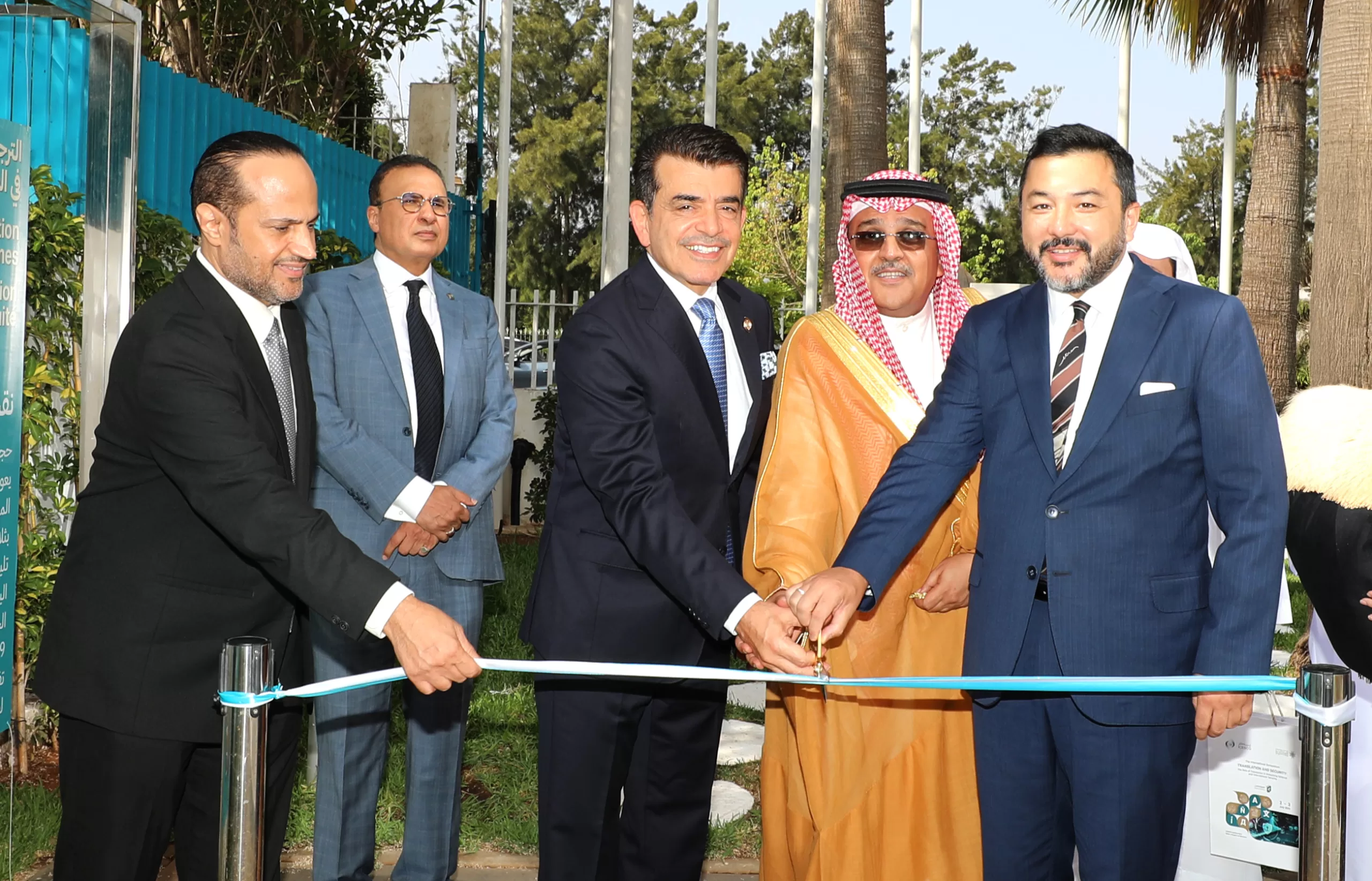
AlMalik: ISESCO’s anticipatory vision is imposed by Islamic world’s reality marked by challenges and opportunities

18 November 2019
The Director General of the Islamic Educational, Scientific and Cultural Organization (ISESCO), Dr. Salim M. AlMalik, stressed that ISESCO’s new vision, through which the Organization aspires to become a beacon of global outreach, involves the anticipation of the issues of human development, focuses on the elimination of poverty and countering extremism and hatred speech; and seeks to empower youth and women, support the civil society, protect children, educate refugees and displaced people, preserve heritage and explore the new roles of Artificial Intelligence (AI) and future education models.
This was part of Dr. AlMalik’s address at the 40th General Conference of UNESCO, being held in Paris, in which he referred to some global dilemmas such as devastating wars, terrifying climate changes and ethnic conflicts while expressing his hope for a better future whose signs are seen in this Conference.
ISESCO Director General also highlighted that ISESCO’s anticipatory vision is imposed by the Islamic world’s challenges and opportunities in light of five variables. The first is demographic as the Muslim world population will reach over two billion by an increase of 35% over the coming twenty years. This is major variable for the whole world.
The second is economic considering the major negative impact of global economic crises on Muslim countries, especially the poor ones in the fields education and environment.
The third is cultural: many historical monuments and heritage sites have disappeared. Thus, the remaining ones should be rapidly inscribed and protected. Besides, the world should counter extremism and hatred speech.
The variable is educational given that illiteracy is a reality in the Islamic world with 40% of illiterate people, 65% of whom are girls and women. This rate is expected to rise over the coming twenty years.
The last variable is technological; the digital gap between developed and poor countries has expanded. Against this backdrop, ISESCO has launched the Initiative of Modern Technology Integration in Elementary Education with priority focus on poor countries.
Moreover, Dr. AlMalik reaffirmed that ISESCO intends to strengthen cooperation with Member and non-Member States, and promote relations with international organizations, particularly UNESCO, to set an example of cooperation in light of the cooperation agreement the two Organizations will sign today.
ISESCO Director General further called on non-Member States and international organizations to join ISESCO as Observer Members to promote joint action, entrench the foundations of complementarity based on respect and accomplishment of commitments while stressing that ISESCO has taken upon itself to prevent politics and politicization in its missions.



